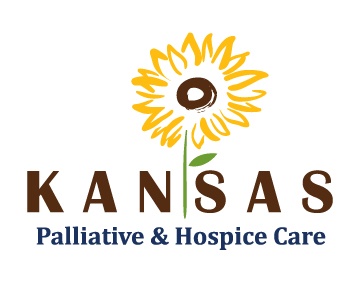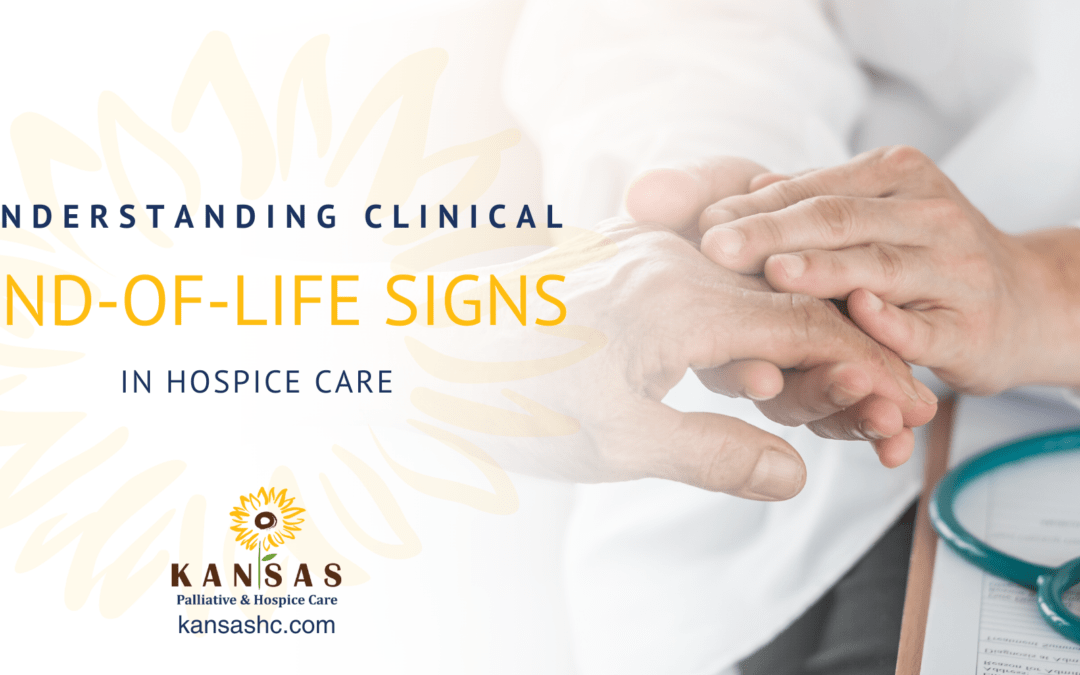The end-of-life journey is a profound and delicate time. Understanding clinical end-of-life signs can help everyone involved provide the best possible care and support to their loved ones. Hospice care plays a vital role in this process, offering specialized care and expertise to ensure a peaceful and dignified transition.
We will explore the common clinical end-of-life signs and how hospice care can help individuals and their families during this challenging time.
Recognizing Clinical End-of-Life Signs
As an individual approaches the end of their life, various physical and emotional changes may occur. Recognizing these signs can help caregivers and healthcare professionals provide appropriate care and support. Some common clinical end-of-life signs include:
Decreased Appetite and Thirst
During the end-of-life phase, individuals may experience a decreased desire for food and fluids. This occurs due to the body’s natural progression towards shutting down. The hospice care team can provide guidance on maintaining comfort and hydration, ensuring the individual receives the necessary support.
Changes in Breathing
Changes in breathing patterns, such as irregular, shallow, or rapid breaths, are common near the end of life. This occurs as the body’s organs begin to weaken. Hospice professionals can offer techniques to manage discomfort and optimize the individual’s breathing, ensuring a sense of calm and ease.
Increased Fatigue and Weakness
Fatigue and weakness are typical end-of-life signs as the body’s energy levels decline. Hospice care provides strategies to manage fatigue, including appropriate positioning, bedding, and pain management. These interventions aim to promote comfort and preserve the individual’s quality of life.
Changes in Mental State
As the end of life approaches, individuals may experience changes in mental state, such as confusion, restlessness, or withdrawal. Hospice care professionals are trained to address these changes, providing comfort and reassurance to the patient and their loved ones.
Skin Changes
Skin changes, such as coolness, mottling, or discoloration, often occur in the final stages of life. These changes are a natural result of decreased blood circulation. Hospice professionals can discuss and alleviate any concerns, providing education and emotional support for the family.
How Hospice Care Can Help
Hospice care offers a comprehensive, interdisciplinary approach to support individuals and their families during the end-of-life journey. Here’s how hospice care can help:
Specialized Medical Expertise
Hospice professionals possess in-depth knowledge of end-of-life care, allowing them to effectively recognize and address clinical signs. They work collaboratively with patients, families, and healthcare providers to devise personalized care plans.
Symptom Management and Comfort
Hospice care focuses on providing comfort and easing physical symptoms during the end-of-life phase. The hospice team utilizes various interventions, such as pain management techniques and medication adjustments, to ensure the individual’s comfort and enhance their quality of life.
Emotional and Spiritual Support
End-of-life care encompasses more than just physical well-being. Hospice care recognizes the importance of emotional and spiritual support. The interdisciplinary team, including social workers, counselors, and chaplains, provide counseling, guidance, and spiritual care to both the patient and their loved ones.
Caregiver Education and Support
Hospice care extends its support to caregivers, acknowledging the emotional and physical toll that end-of-life care can have. Caregivers receive education and training to help them navigate the challenges they may encounter, as well as emotional support, respite care, and access to support groups.
Bereavement Support
Hospice care does not end with the passing of a loved one. Hospices often provide bereavement support to help families cope with their grief and navigate the mourning process. This includes counseling, support groups, and resources to support the healing journey.
Understanding the clinical end-of-life signs is crucial for providing appropriate care and support during this challenging time. Hospice care offers a specialized approach that combines medical expertise, symptom management, emotional support, and caregiver education to ensure a peaceful and dignified transition.
By choosing hospice care, individuals and their families can find comfort and peace during the end-of-life journey, knowing they are in capable and compassionate hands. Reach out to us today to learn more. We are here for you and your loved ones.
Need help? Contact us at (913) 353-6525.


